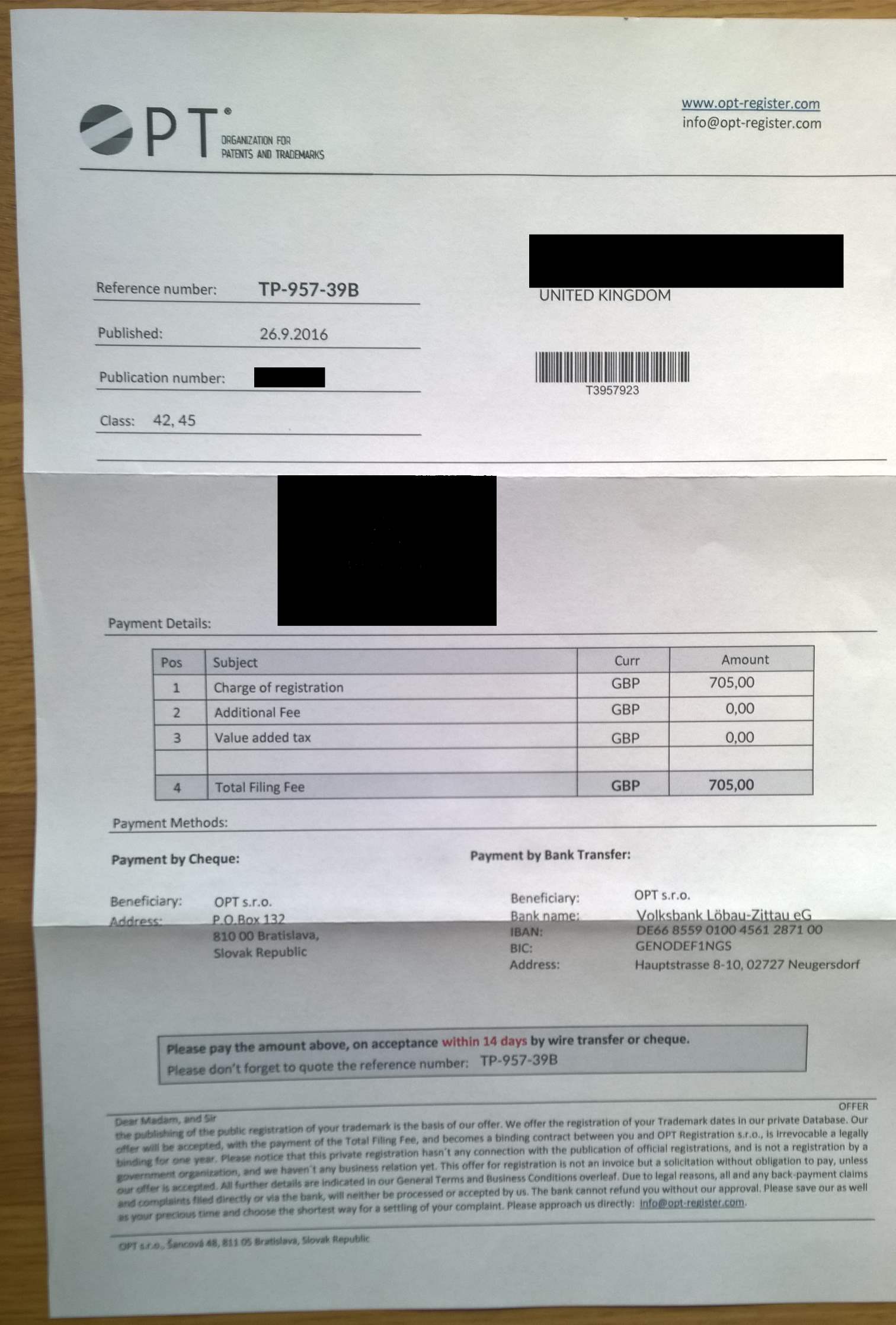New design, new developers...
Since the last blog post we've had quite a push on software development, open sourced the work we are doing, started the new website, chosen a winner for our logo design, filed trademarks, had people trying to defraud us and got very deep into the weird world of genealogical date formats.
The logo winner
We chose this, hope you like it. You can see the finalists for competition logo design here. Something we learned, if you ever file a trademark, watch out for the scammers (see below).

Open sourcing the family tree importer
Before we can show a family tree on the website, we need to be able to write software capable of reading family tree files.
We started off by basing our efforts on an old open source project that had been gathering dust on the web. Although this meant that we got a great start, we also had a few bugs and some missing functionality that we really thought was needed.
We are open sourcing (sharing) this code with everyone (customers, the public and competitors) as we will with all of the work we do.
During October 2016 we've had a lot of help from open source from contributors and are expecting to be able to use the software to import family trees onto a test web site in early November.
If you are of a nerdy / geeky persuasion or are just plain curious, you can see the innards of our creations at The Gene Genie Project.
The oddness of the French Revolutionary Calendar
Family tree files can have their dates formatted according to a few different calendars, one of which is The French Revolutionary Calendar. This calendar ran from 1793 to 1805 and for 18 days in Paris during 1871. It has 30 days per month, 10 days per week and the months are named for the predominant weather / agricultural activity during that period. For example, the winter months are named Snowy, Rainy and Windy.
It's a very literal calendar and would appeal to nerds normally, except that it's a special case that is hardly ever used (a lot of work for not much gain). We need to make sure our software imports all of this data without loss and can compare against dates in the Roman, Julian, Gregorian and Hebrew calendars.
I know of no-one who uses this format and I'm not sure many people will at all, ever. We still need it though if we are to be taken seriously and ensure that family trees are loaded correctly.
Scam trademarks
If you ever need to register a trademark for your business, beware. There are relatively cheap, easy and official ways of filing most government documents online and they all seem to attract their share of copycat scam artists.
After recently filing a trademark registration (and paying the fee) online via the proper government website we received two almost identical invoices (£800 and £900) by post from Eastern Europe in immaculate English. Someone, probably from the UK has set up an automated system that monitors the trademark registrations register and sends lookalike invoices in the hope they'll get paid. I'm impressed at the amount of work scammers will put in to their schemes to avoid honest work.

The small print stated they were not invoices, but 'solicitations' to be listed in their private database. They even had their own terms and conditions that suggested if you tried to reverse a payment (after finding out you had been scammed I imagine) that they would not honour it.
If you are filing government documents online and the site does not end in something like your national variant of .gov.uk then stop and ask for someone else's opinion.
As with all 'paperwork' we receive of this variety, it was put to good use for getting our log burner going nicely.